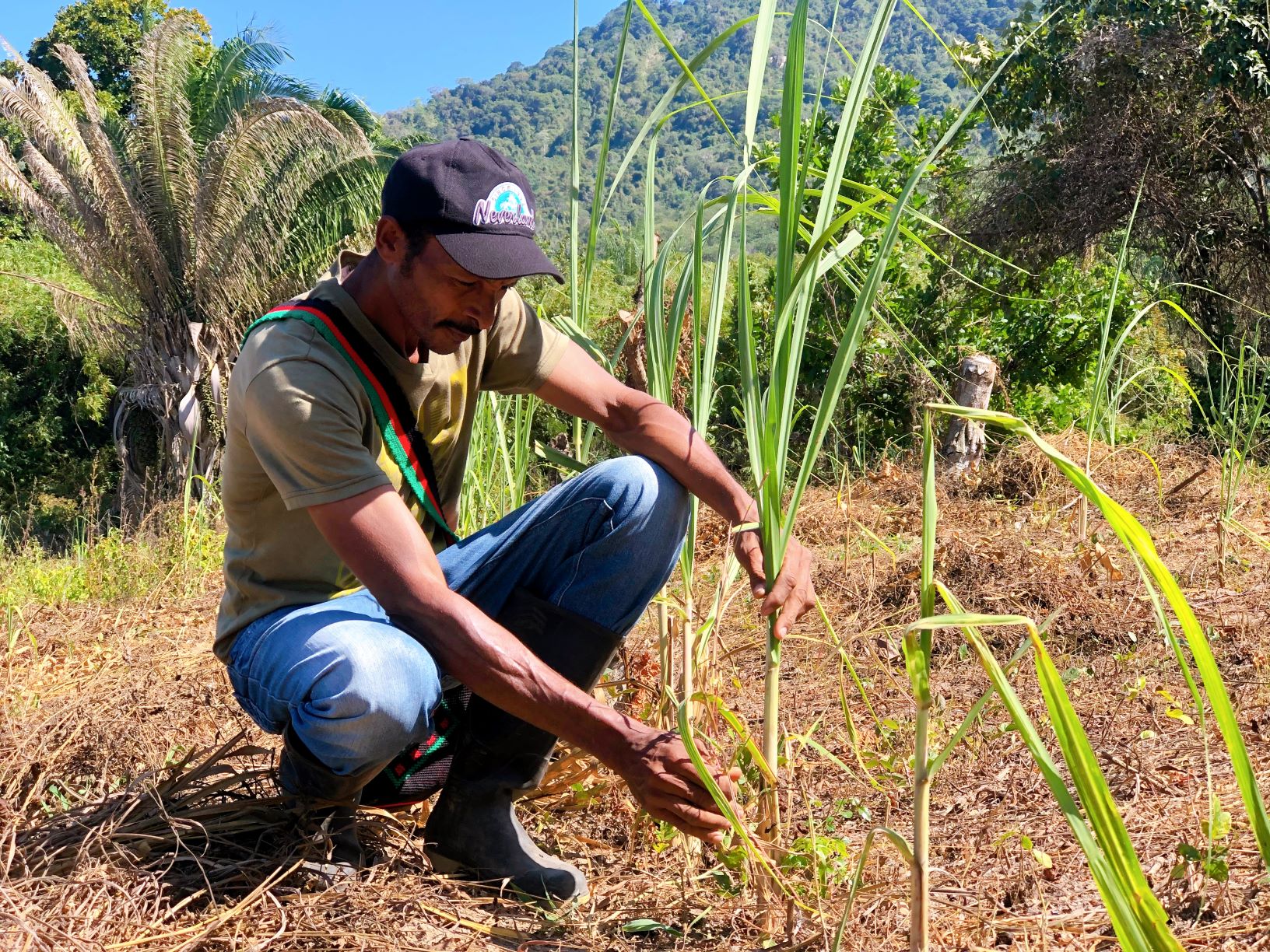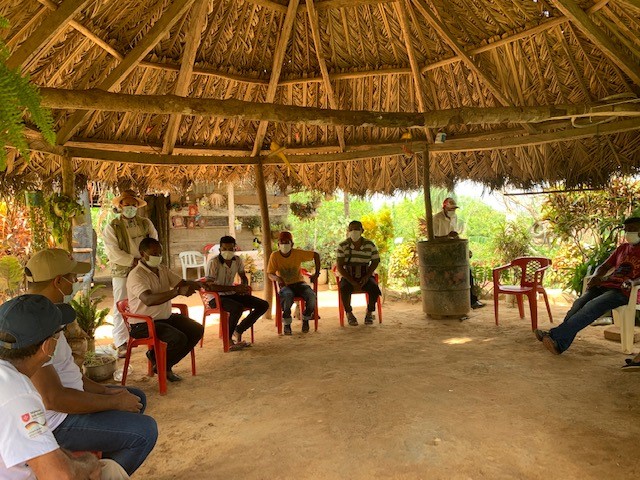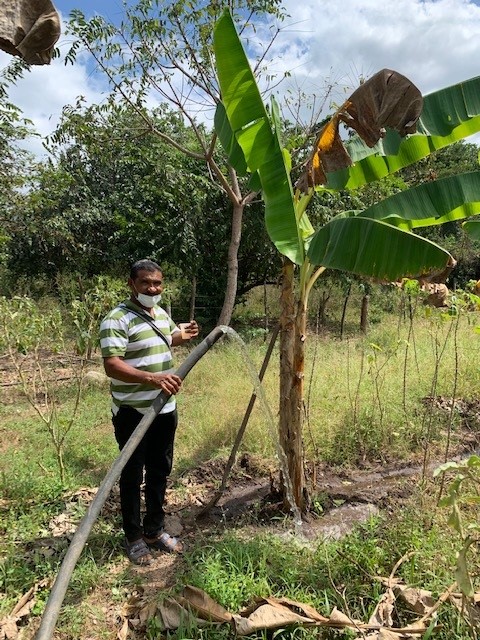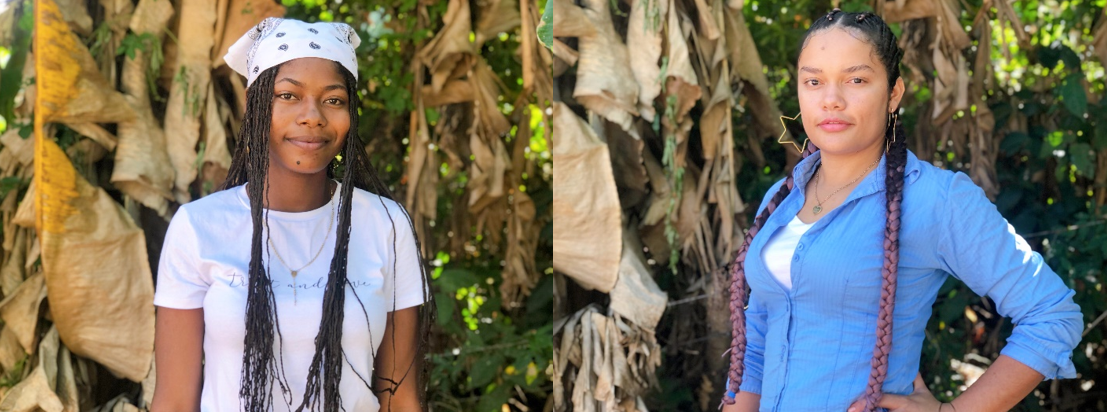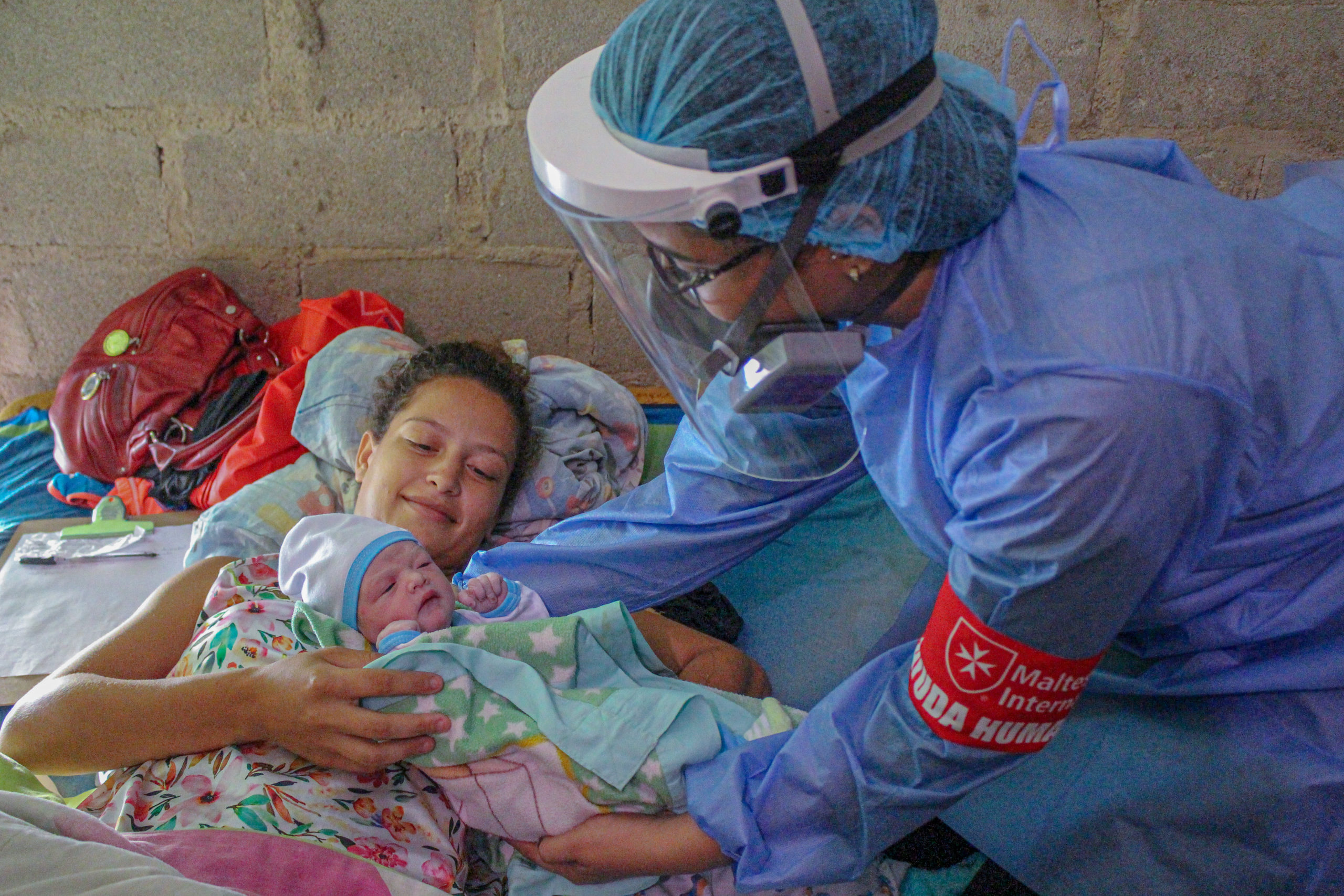South America
Colombia: Resilencia III – Strengthening Food Security and Climate Change Adaptation
What we’re doing:
The project aims to improve food security and strengthen rural livelihoods by providing training to farmers on crop diversification and supporting certification and commercialization of key crops to help farmers develop sustainable sources of income.
9,367 individuals in 15 different communities in La Guajira and Magdalena will benefit.
Why we’re here:
MI Americas has been working in the Sierra Nevada region of La Guajira since 2015 when the region was suffering from crippling drought. This two-year project (2021-2023) seeks to address the rural inequities that have plagued Colombia for decades.
Our first project in region focused on expanding access to water resources and providing support for help develop sustainable agricultural livelihoods. In the years since our work has grown to support Disaster Risk Reduction and climate mitigation initiatives, training and equipping emergency response brigades so isolated communities are protected from threats of floods and forest fires. The focus of our work in the region is centered around Resilience (hence, Resilencia) – working closely with communities who often do not have access to other sources of support due to their geographic isolation – to support sustainable solutions to the problems they face. This next phase of programming will focus on creating linkages to markets so farmers can be fairly compensated for their harvests, strengthening ties with Disaster Management and Agricultural institutions in the region, further expanding access to water resources and continuing to build disaster risk management infrastructure to protect farmers and their land from unexpected shocks.
Objectives:
- Build irrigation systems and communities will be trained in water resource management, building on infrastructure investments from previous projects.
- 320 families (approx. 1,600 people) will improve their nutrition and income, and receive training to improve sustainable livelihoods (agro-restorative systems, beekeeping, and poultry, goat, and pig farming).
- 640 families (approx. 3,200 people) will benefit from awareness-raising activities on soil conservation and sustainable land management.
- 300 families (approx. 1,500 people) in Tomarrazón, Juan y Medio, and Las Palmas will be supported in the localization and commercialization of their already diversified crops, forming community cooperatives and providing linkages to regional markets for their goods.
- Build a community cadre of emergency responders, trained in environmentally safe conservation practices as well as search-and-rescue and community preparedness – recognizing the devastating impacts of climate change on the region and prevalence of natural disasters.
- 160 forest brigade members will receive training in search-and-rescue in disasters and rapid intervention teams.
- 407 students and teachers from 6 schools will be supported with disaster risk management plans and equipped with emergency supplies.
- 2,500 people trained in disaster management through community mobilization.
- Strengthen relationships with local stakeholders in the agriculture and disaster risk management sectors, creating avenues to communities who have been historically neglected to connect with actors in the region.
- Inherent in their nature, all of these activities will work to foster close collaboration and community leaders, with activities that engage beneficiaries in every step of the process to promote sustainable impact.
Overall, the project will implement community-based solutions to proactively respond to the urgent challenges facing rural farming communities in La Guajira and Magdalena.
Who we’re working with:
This project will be implemented in collaboration with Association of Biologists of the University of the Atlantic (ABIUDEA), a Colombian NGO that specializes in environmental conservation and food security with over a decade of experience working with communities in the project area to address barriers to development.
The project is partially funded by the German Federal Ministry for Economic Cooperation and Development (BMZ).
